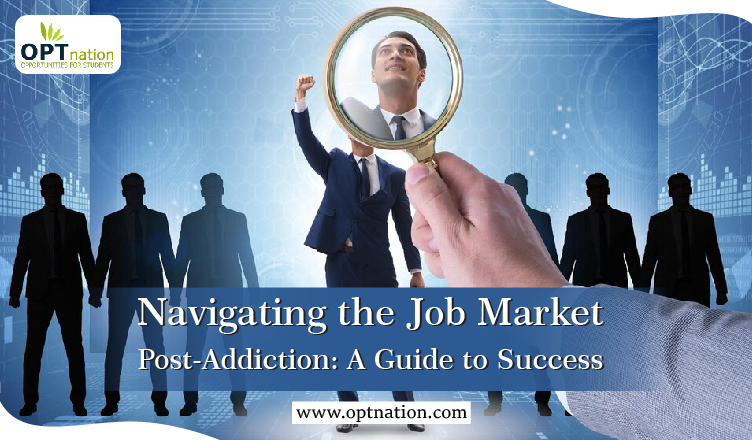Overcoming addiction is a monumental achievement, and for many, the journey begins with seeking help through programmes such as alcohol rehab. This step not only marks the start of recovery but also opens the door to a new chapter in life. Securing a job after battling addiction can be challenging, yet it is entirely possible with the right strategies and mindset. In this article, we will explore practical steps to help individuals transition into the workforce successfully.
Understanding the Impact of Addiction on Employment
Addiction can significantly affect various aspects of life, including employment history, skills, and self-esteem. Many individuals may have gaps in their resumes or a history of job instability due to their addiction. Recognising these challenges is the first step toward overcoming them. It is essential to focus on the progress made during recovery rather than dwelling on past mistakes.
Building a Support Network
One of the most crucial aspects of transitioning back into work is having a strong support network. This network can include family, friends, support groups, and mentors who understand the challenges faced after addiction. Engaging with others who have successfully navigated the job market post-recovery can provide valuable insights and encouragement. Consider joining local support groups or online forums where individuals share their experiences and resources.
Updating Your Skills
In many cases, individuals may find that their skills are outdated after a period away from the workforce. Taking the time to update or acquire new skills can significantly enhance employability. This could involve enrolling in courses, attending workshops, or even volunteering to gain experience in a new field. Many organisations offer free or low-cost training programmes specifically designed for individuals in recovery, which can be an excellent way to build confidence and competence.
Crafting a Compelling Resume
A well-crafted resume is essential in any job search. When creating or updating your resume, focus on highlighting your strengths and the skills you have developed during recovery. Be honest about your employment history, but frame your experiences in a positive light. For instance, if you have participated in a rehabilitation programme, consider listing it under education or professional development to showcase your commitment to personal growth.
Key Elements to Include:
- Contact Information: Ensure your contact details are up-to-date.
- Objective Statement: Write a brief statement outlining your career goals and what you hope to achieve in your next role.
- Skills Section: Highlight relevant skills, including both soft skills (like communication and teamwork) and hard skills (such as technical abilities).
- Work Experiee: List your previous jobs, focusing on achievements and responsibilities rather than gaps.
- Education and Training: Include any relevant courses or certifications obtained during recovery.
Preparing for Interviews
Interviews can be daunting, especially for those who have been away from the job market for an extended period. Preparation is key. Research common interview questions and practice your responses. Consider conducting mock interviews with a friend or mentor to build confidence.
During the interview, it is essential to approach the topic of your recovery with honesty and positivity. If asked about gaps in your employment, briefly explain your journey and emphasise the skills and insights gained during your time in recovery. Focus on your readiness to contribute positively to the workplace.
Leveraging Online Resources
In today’s digital age, online job boards and networking platforms can be invaluable tools for job seekers. Websites such as LinkedIn, Indeed, and Glassdoor offer a plethora of job listings and resources. Creating a professional online profile can help connect you with potential employers and industry professionals. Additionally, many organisations provide resources specifically for individuals in recovery, offering job listings, resume workshops, and interview coaching.
Embracing Continuous Learning
The job market is constantly evolving, and embracing a mindset of continuous learning can greatly enhance your employability. Stay informed about industry trends and consider pursuing further education or certifications relevant to your desired field. This commitment to growth not only boosts your resume but also demonstrates to potential employers that you are dedicated and proactive.
Securing a job after overcoming addiction is undoubtedly challenging, but it is also an achievable goal. By building a support network, updating skills, crafting a compelling resume, preparing for interviews, leveraging online resources, and embracing continuous learning, individuals can successfully transition back into the workforce. Remember, recovery is a journey, and with perseverance and determination, a fulfilling career is within reach. Celebrate each small victory along the way, and remain focused on the bright future ahead.

